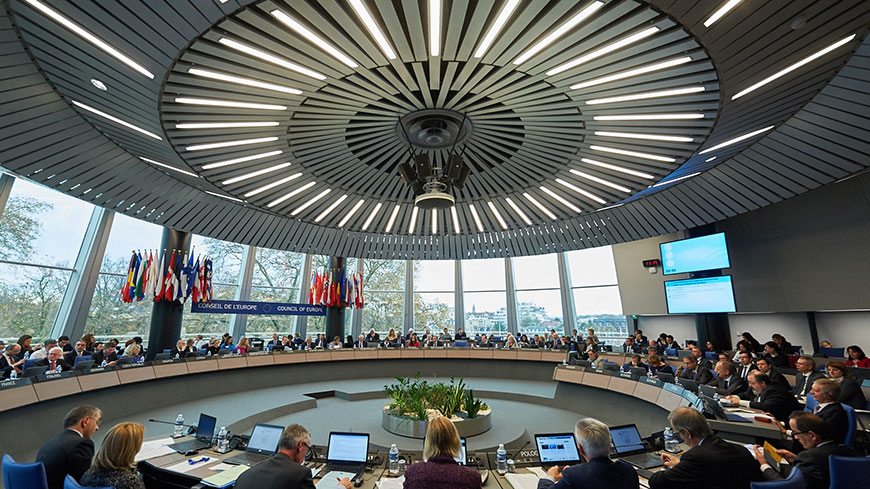The Committee of Ministers has adopted new recommendations to member states on good democratic governance and deliberative democracy.
The first sets out the fundamentals of good democratic governance, covering protection and promotion of democracy; respect for human rights and the rule of law; public ethics and integrity; good administration, and delivery of high-quality public services. It expands on 12 key principles to guide the actions of decision-makers and public institutions at all levels, and to clarify the standards expected (see also explanatory memorandum).
The adoption marks a strong and clear response to concerns about threats to democratic institutions in Europe, highlighted in recent annual reports by the Council of Europe Secretary General and Parliamentary Assembly.
The second recommendation aims to help member states safeguard the integrity and effectiveness of deliberative democracy and ensure that deliberative processes complement representative democracy. It provides principles covering the legal framework, the clarity of mandate and design, fair representation, and accountability (see the report on deliberative democracy).
Prepared by the European Committee on Democracy and Governance (CDDG), these two recommendations contribute to the implementation of decisions taken at the 4th Council of Europe Summit of Heads of State and Government (Reykjavík, 16-17 May 2023), in particular the Reykjavík Declaration - “United around our values” and the Reykjavík Principles for Democracy, in which member states committed to “securing and strengthening democracy and good governance at all levels throughout Europe” and “actively enabling and encouraging democratic participation at national, regional and local levels through free and fair elections. As appropriate, forms of participatory democracy, including deliberative democracy, may be encouraged”.


